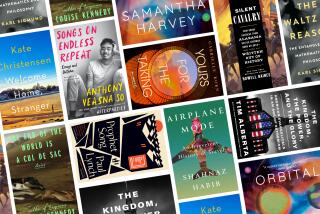Forgotten Treasures: A Symposium
Every traveler journeys to a place not shown on a map and reports back from a location known only to himself. That is one reason, and one, why the most deply involving travel-book I can remember reading, and one of the most hypnotic detective stories, too, throwing off its excitement like an incandescent flare, is, in fact, a work of literary criticism: “The Road to Xanadu” by John Livingston Lowes. Brought back to life by Picador Books in London in the mid-’70s but too often forgotten, it is the tale of a professor of Chaucer burrowing for a reference to Purchas in the British Museum, soon after World War I, who suddenly stumbles upon a notebook of Coleridge’s printed only in an obscure periodical about German philology. In it he finds a phrase that reminds him of “Kubla Khan,” a fragment that evokes the Ancient Mariner, and before he knows it, with an explorer’s sense of serendipity, he is being led through the subterranean passageways, down into the corners and past the half-formed stalagmites of the poet’s haunted imagination, seeing how this phrase of Bartram’s and that book of Erasmus’ somehow coalesced in the sleeping man’s mind to make something utterly his own.
The poems themselves, steeped in opium and talismanic in their cadences, have long cast a spell over every kind of reader--Bruce Chatwin, in Patagonia, claimed to find another source for the Mariner in an old Elizabethan journey. And Coleridge, of course, was the British poet most responsible for bringing over formal theories of the Imagination and the Fancy from German Romanticism. But just as the bard tended to live out his ideas more compellingly than he formulated them, so a professor a hundred years later got waylaid from his ostensible theme and tumbled down a trap door into the subconscious. “The Road to Xanadu” begins to outline the contours of the mind--to show how the imagination works (in both subject and author)--more vividly than anything in Freud; but what makes it ultimately enduring is that it performs an act we usually associate with religious texts: It casts a light upon mystery while respecting the fact that the essence of the sublime will always remain far beyond our reckoning.
More to Read
Sign up for our Book Club newsletter
Get the latest news, events and more from the Los Angeles Times Book Club, and help us get L.A. reading and talking.
You may occasionally receive promotional content from the Los Angeles Times.







